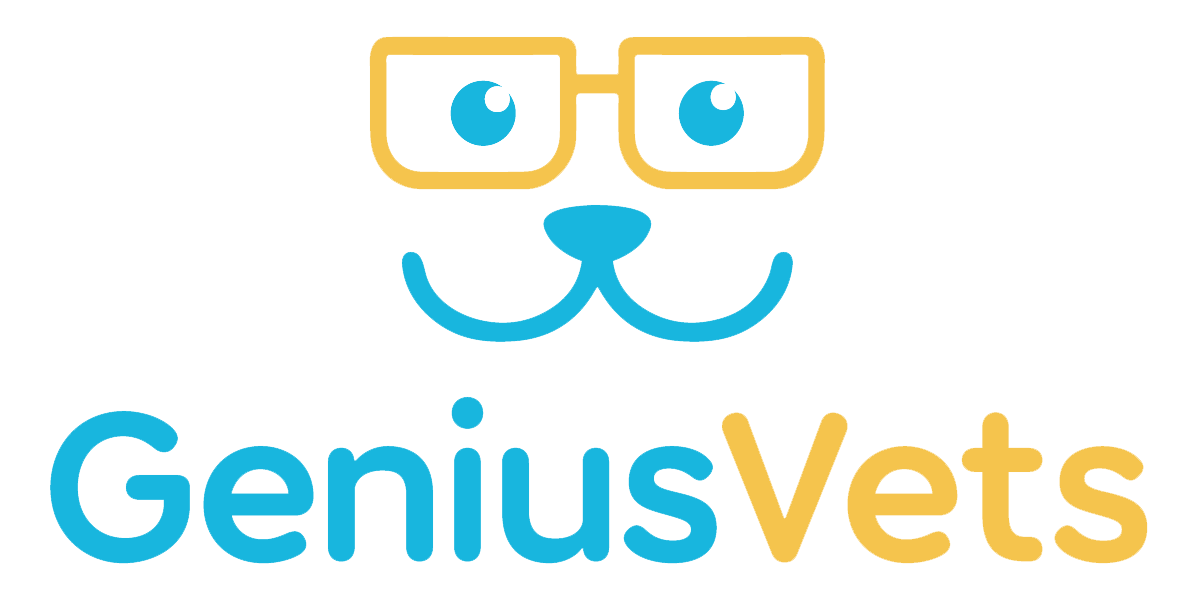
- dvm360 September 2022
- Volume 53
- Issue 9
- Pages: 42
Team building is crucial to a successful practice

Clarifying the mission and educating the staff lead to an engaged workplace
In a veterinary practice, each day is an adventure. Every clinician has walked into work and found a scenario such as the receptionist is out sick, the computer system has a glitch, the cat in exam room No. 1 cannot breathe, and 3 surgical drop-offs are in the lobby.
Whether that day ends with the team throwing instruments and stomping out or high-fiving each other because they turned it around depends on teamwork. The COVID-19 pandemic has been a massive test of every practice’s culture and ability to cope with change. With inflation and potentially a recession on the horizon, there seems to be no end to stressors.
Lack of teamwork affects every aspect of a hospital:
- Client experience, because clients can perceive misalignment
- Patient care, because when individuals are not fully communicating, things get missed
- The bottom line, because turnover means hiring costs and lower productivity until the individual is replaced
That’s why creating a supportive environment for the team has never been more important.
Where to start? It's all about the mission.
It is not enough to just have a mission statement; the team must be aligned with that mission. The differences between a random group of individuals and a team are:
- A team is united around a common purpose.
- A team has players with different specialties cooperating toward a common goal.
- Team members trust each other to competently do their specific part of the job, so all the different actions come together successfully.
What's in the way?
Two things get in the way of creating a strong team. The first is not having clarity on the mission, which leads to misalignment. The second is not knowing the steps to create and maintain that alignment
Few veterinarians are trained in leadership; many tend to be introverts. It is easy to assume that because leadership has clarity on the practice’s mission, goals, and priorities, their team also understands those things. Leaders need to communicate regularly—with clarity—to all their employees.
Why is this so important?
No one makes enough money in veterinary medicine to make it worth working in a crummy place. It is the leader’s duty to make their practice a great place to work. The difference between an engaged workplace and a dysfunctional one is teamwork.
When changes need to be made, such as switching to a new line of vaccines, a strong and aligned team helps everyone roll out changes seamlessly. Veterinarians are usually more comfortable with exams and surgery than planning and leadership, so they say they “don’t have time.” However, if one puts in the time, it will pay off. If one does not put in the time, they will be dealing with constant turmoil and unrest.
Signs that help is needed
Here are 4 warning signs that may indicate a practice needs to focus on building better teamwork:
- High turnover
- Confusion around processes
- Multiple subcultures, such as “the back vs the front”
- Feelings of exhaustion, being undermined, or being victimized by employees or clients
Initial steps to improve teamwork
- Define the practice’s mission, values, and culture.
- Model and reinforce the desired behavior.
- Implement regular meetings to reinforce priorities and build the team. A 2-to-3-hour all-staff meeting monthly and a shorter weekly meeting are ideal.
Taking the next step
To improve teamwork in your hospital, consider:
- Reading, Traction: Get a Grip on Your Business by Gino Wickman
- Reading, The Five Dysfunctions of a Team: A Leadership Fable by Patrick Lencioni
- Watching, “Create a Stronger Team by Defining Your Practice Culture,” sponsored by Merck Animal Health.
Michele Drake, DVM, CVA is the owner of The Drake Center for Veterinary Care in Encinitas, California, a 10-doctor, 55-employee hospital that consistently outperforms competitors and industry averages because of Drake’s passion for embracing change and new technologies. She has served on committees and advisory boards for the University of California, American Animal Hospital Association, Novartis, and more. Drake completed her DVM at the University of Missouri and founded The Drake Center in 1992. She also serves as the chief veterinary officer for GeniusVets. Drake can be reached via email at: michele@geniusvets.com.
Articles in this issue
over 3 years ago
We DO talk about Bruno (and Clifford and Wininger)over 3 years ago
Dream team creates their ideal veterinary clinicover 3 years ago
The Dilemma: Whom should I hire?over 3 years ago
5 questions to answer if you’re considering practice managementover 3 years ago
What to know before taking out a loan to purchase a practiceover 3 years ago
Understanding laparoscopy in veterinary surgeryover 3 years ago
Managing acral lick dermatitis in caninesover 3 years ago
Island displays human-animal bond at its bestNewsletter
From exam room tips to practice management insights, get trusted veterinary news delivered straight to your inbox—subscribe to dvm360.




